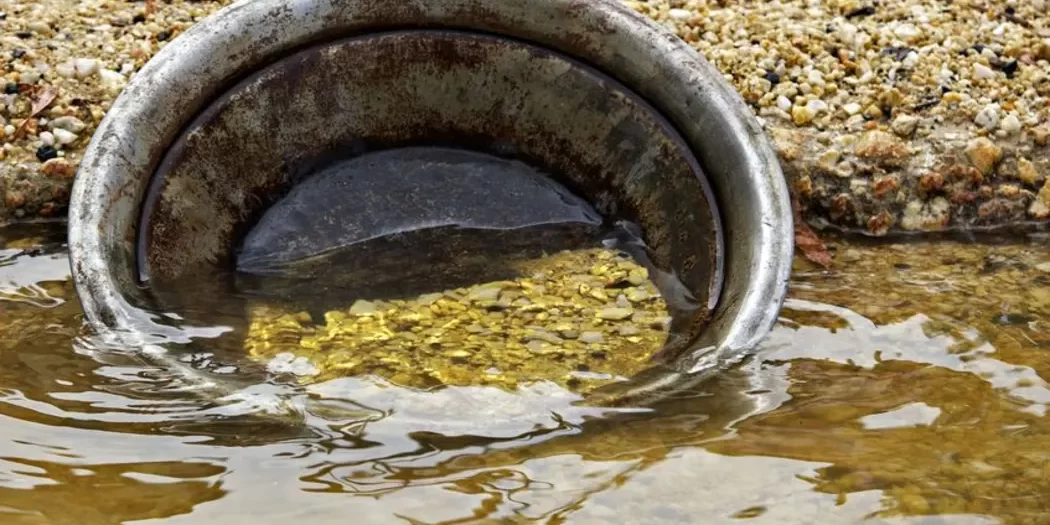SOME local gold dealers in the country allegedly complicit in a corrupt scheme that favors foreign business partners at the expense of indigenous entrepreneurs.
This troubling revelation surfaced during the recent Bills and Legislative Committee hearing on the Mineral Resources Bill this week.
During the session, former Member of Parliament, a local gold dealer and once a former Minister for Mines&Energy David Day Pacha exposed how some dealers have exploited loopholes in their business licenses, allowing foreigners, whom they label as “business partners”to export gold overseas.
This practice raises serious questions about the integrity of the licensing system and the protection of local economic interests.
Pacha detailed how certain dealers have signed agreements with foreign entities, effectively handing over the rights to export gold without any benefit returning to the Solomon Islands.
One particularly alarming point highlighted was that when foreign partners are involved, the Solomon Islander who holds the license receives little or no financial return.
Instead, the profits are diverted abroad, undermining local businesses and eroding indigenous economic opportunities.
The Bill and Legislative committee members including members of the public expressed concern over the long-term implications of this practice.
Member of the Bill and Legislative Committee Mathew Copper Wale questioned why local gold dealers would allow their licenses to be used by foreigners for export purposes.
Pacha explained that some dealers had signed agreements with their foreign partners, but when these foreign entities seek new opportunities or face issues, they simply find other local license holders to continue the export process, continuing a cycle of exploitation.
This situation not only undermines the spirit of the legislation designed to empower local entrepreneurs but also raises questions about corruption and collusion within the industry.
Critics argue that these practices threaten the future of local gold dealers and violate the very principles of economic sovereignty and fair trade.
As calls grow for an investigation into these practices, many fear that the system has been manipulated to benefit a select few, foreign interests and dishonest local dealers, while the true owners of the resource, the indigenous Solomon Islanders, are left marginalized and impoverished.
The public now demands transparency and accountability to ensure that the licenses meant to empower locals are not weaponized for foreign profit.
By SOLOMON LOFANA
Solomon star, Auki









